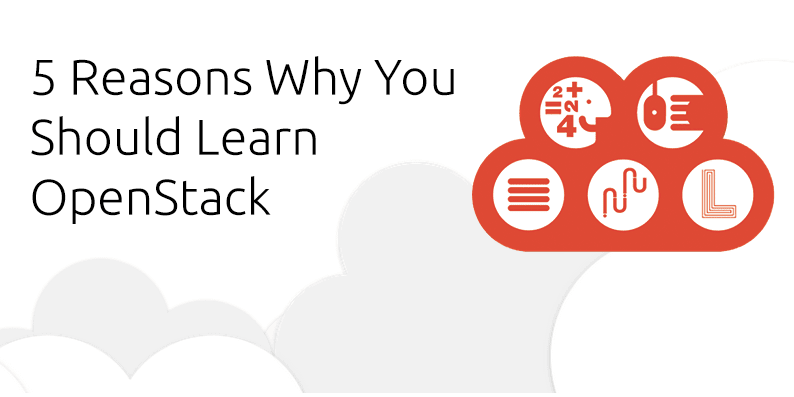Arturo Suarez
on 1 September 2015

After the remarkable success of the recent OpenStack days in Taiwan, Seattle and Silicon Valley (Benelux is next, September 17th), and as we head towards the next OpenStack Design Summit in Tokyo, I feel it is a great time to give you the following piece of advice: You should learn OpenStack. The sooner, the better. Let me give you 5 reasons:
- OpenStack is easy. It has become much easier than in the early days. Regardless of what some vendors want you to think (there might be some consulting revenue stream concerns behind that kind of statements), OpenStack is well documented, it has a huge community behind it willing to help out, and there are tools that will help you in your journey.
- You are most likely going to face OpenStack in the next couple of years, so why wait? According to the ninth annual Future of Open Source Survey, 78% of businesses are using open source software such as OpenStack to support some or all of their operations. The evolution of OpenStack has been outstanding, and the adoption of the technology by companies large and small is ramping up, and even if your area of expertise is in software development (more dev than ops), you will most likely end up writing applications that will run on OpenStack (too). Knowledge is power!
- Be part of the most vibrant OpenSource Community. Contributors are counted by the thousands, start-ups around OpenStack are funded day in and day out, vendors are investing heavily and there is a Foundation making sure the project grows healthily.
- There are plenty of options in the market. I suggest you take your time to go to the OpenStack Foundation Marketplace training section, and compare the different options and models and choose the one that suits you best. When you do, keep in mind that 55% of all production OpenStack deployments are based on Ubuntu OpenStack, and there are several reasons for that…starting with reason number 1: we make it easy (and reliable, and upgradeable, and…)
- Just do it for the money. Cloud engineers make more than non-cloud engineers. And OpenStack engineers make more than other cloud engineers (around 30% more, give or take). Hiring OpenStack talent is challenging. You are at the other side of the table, how does that sound?
Next course coming up:
- If you are in Europe, Utrecht, Netherlands is the place: Ubuntu OpenStack Fundamentals training, 14th-16th September.



